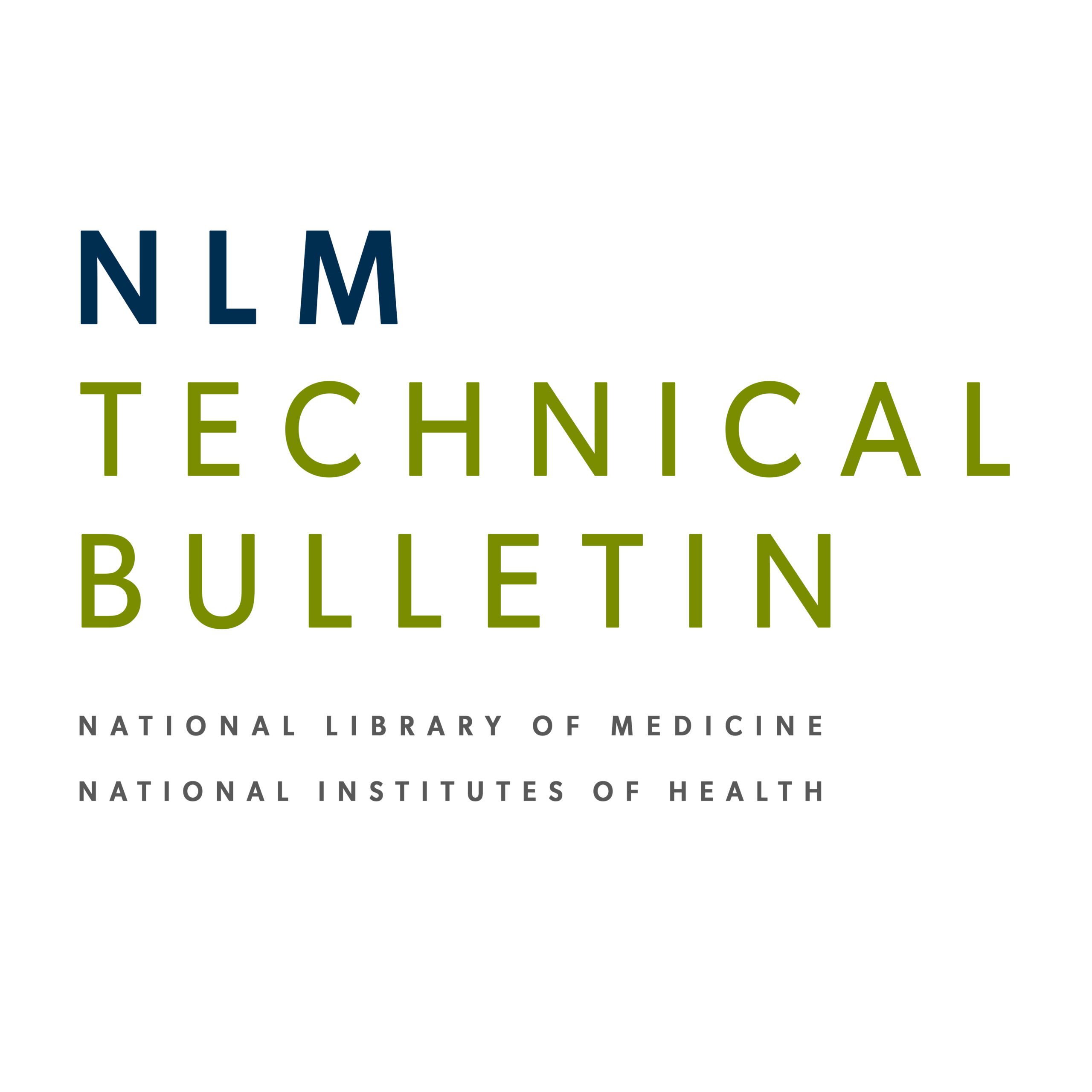
A new study has identified the neutrophil-to-albumin ratio (NPAR) as a significant biomarker in the assessment of bladder cancer (BC). The findings highlight the potential of NPAR not only as an indicator of cancer risk but also as a valuable prognostic tool, potentially guiding clinical decisions in both diagnosis and treatment planning.
Bladder cancer remains one of the most common malignancies affecting the urinary system, with early detection playing a crucial role in patient outcomes. The identification of reliable biomarkers for early screening and prognosis has been a longstanding goal in oncological research.
According to the study, NPAR—a ratio derived from routine blood tests measuring neutrophil count and albumin levels—has demonstrated strong association with both the development and progression of bladder cancer. Elevated NPAR values were linked with higher cancer risk as well as poorer survival outcomes, suggesting that this biomarker could aid clinicians in identifying high-risk individuals and tailoring personalized treatment strategies.
The dual purpose of NPAR, merging predictive and prognostic capabilities, underscores its potential integration into standard clinical protocols. By offering a non-invasive, accessible, and cost-effective measure, NPAR could streamline the process of bladder cancer screening and help prioritize patients for more intensive monitoring or intervention.
Further research and validation in larger, diverse patient populations are recommended to solidify NPAR’s clinical utility. However, the initial findings provide a promising step forward in improving bladder cancer management through biomarker-driven approaches.
Source: https:// – Courtesy of the original publisher.








